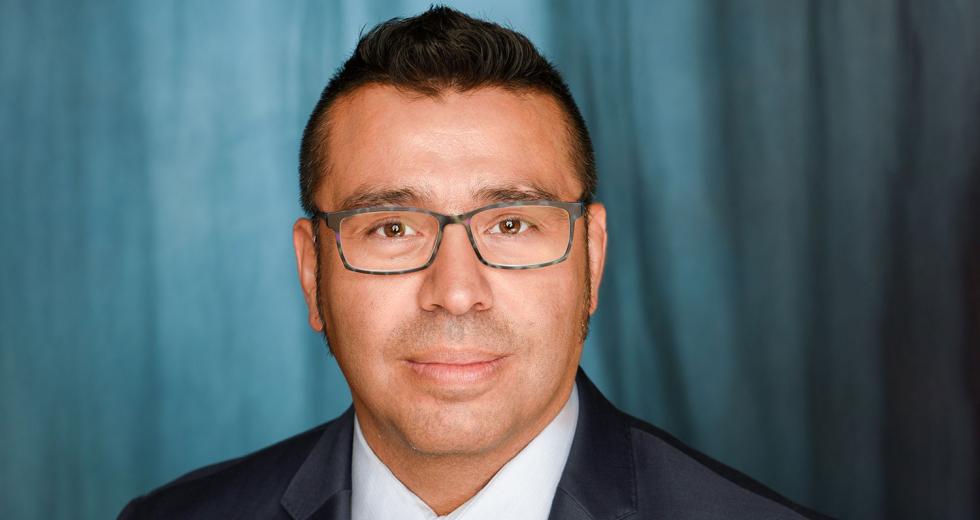It’s becoming more apparent every day: Sacramento has hit a sweet spot. It’s a large enough city to attract national attention by The New York Times and Thrillist but small enough to remain fleet-footed, nimble and responsive.
These are critical qualities to have to get things done in a municipality, especially in a region of 2.5 million people, and when the paradigm of cities competing against each other is long over. Rather, we see that regions are the true heavyweights of market capacity, and the City of Sacramento is at the very heart of a dynamic, growing urban center.
With the assistance of organizations such as the Greater Sacramento Economic Council and the Sacramento Area Council of Governments, Sacramento and its neighbors continue to coalesce around this regional perspective.
The world is taking notice. Countries like China and Germany are approaching the city for partnerships. But is that enough to ensure our success?
Moving to Sacramento from Chicago a little more than a year ago, I met a group of local leaders committed to better aligning the city’s trajectory with the opportunities and promise that California long has represented. I quickly became part of a shared desire to solve a problem that has vexed other cities and kept them from prosperity for all residents.
I am talking about the issue of equity and inclusion in economic development.
The Sacramento area has world-class educational institutions, cutting-edge technology and abundant agricultural production. It is the capital of a state with the fifth-largest economy in the world. Yet, if one takes a hard look at our neighborhoods and geography, we have yet to achieve the interconnectedness needed to be successful at the highest levels.
Nevertheless, we are laying the foundation. Sacramento’s leaders, partners and community clearly see the wisdom of broader investment in its neighborhoods and workforce.
Funds generated by the recently passed Measure U sales tax are signaling a new era of resource deployment. Federally designated “opportunity zones” are attracting investors and breathing life into overlooked spaces. Innovative collaborations such as Aggie Square are propelling economic growth and creating jobs at a variety of economic levels.
We are living at a time when old orders are falling, new orders are rising, and “business as usual” means widening wealth gaps and strained fiscal budgets. However, if a city can remain true to its identity, values and role within a regional ecosystem, it can find itself in an advantageous, even enviable, position in terms of affecting real economic transformation and growth.
Sacramento is in that position. How we leverage it will determine our success for decades to come.
With this in mind, I invite you to explore, experience and invest in our rapidly evolving city. You won’t be disappointed.
Michael Jasso
Assistant City Manager
City of Sacramento



